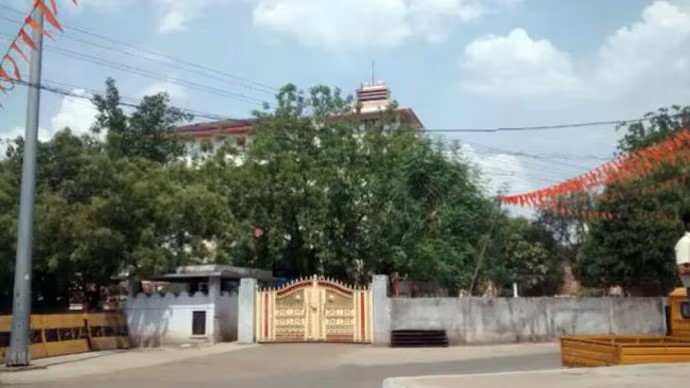24 Jul. 24: The Central Government has revoked a 58-year-old ban on government employees participating in activities of the Rashtriya Swayamsevak Sangh (RSS), sparking significant backlash from civil society and opposition parties.
The move has reignited debates about the secular nature of India’s governance, with critics highlighting a growing majoritarian influence since Prime Minister Narendra Modi’s administration began in 2014. Congress President Mallikarjun Kharge accused Modi of ideologically politicizing government offices. In contrast, the BJP and the RSS have lauded the decision, with the RSS calling it “appropriate.”
The Department of Personnel and Training (DoPT) issued the order on July 9, stating that previous instructions from 1966, 1970, and 1980 have been revised to exclude the RSS from the list of prohibited organizations for government officials.
Historically, Sardar Vallabhbhai Patel had banned the RSS in 1948 following Mahatma Gandhi’s assassination, a ban lifted later after the RSS promised to behave as a social organization without political aims.
Senior Congress leader Jairam Ramesh remarked that this change could lead bureaucrats to adopt RSS attire at work, critiquing the timing of the decision amidst tensions between the BJP and the RSS following the Lok Sabha election results. The move is perceived as an attempt by the BJP to mend relations with its ideological parent.
The RSS and BJP have presented the decision as a step toward strengthening India’s democratic framework, with RSS spokesperson Sunil Ambedkar defending the organization’s historical contributions to the nation. However, opposition leaders, including Kharge, have condemned the action as a threat to the neutrality of public servants and a violation of constitutional assurances.
Bahujan Samaj Party President Mayawati and AIMIM Chief Asaduddin Owaisi also criticized the decision, citing concerns over political motivations and national unity. Conversely, BJP leaders, such as Commerce Minister Piyush Goyal, argue that the original ban was politically motivated and unwarranted.
The decision has prompted concerns among public-spirited citizens and social organizations about the implications for secular governance. Allowing government employees to engage with a communal organization like the RSS raises questions about the state’s religious neutrality and the potential promotion of a particular identity at the expense of others.




